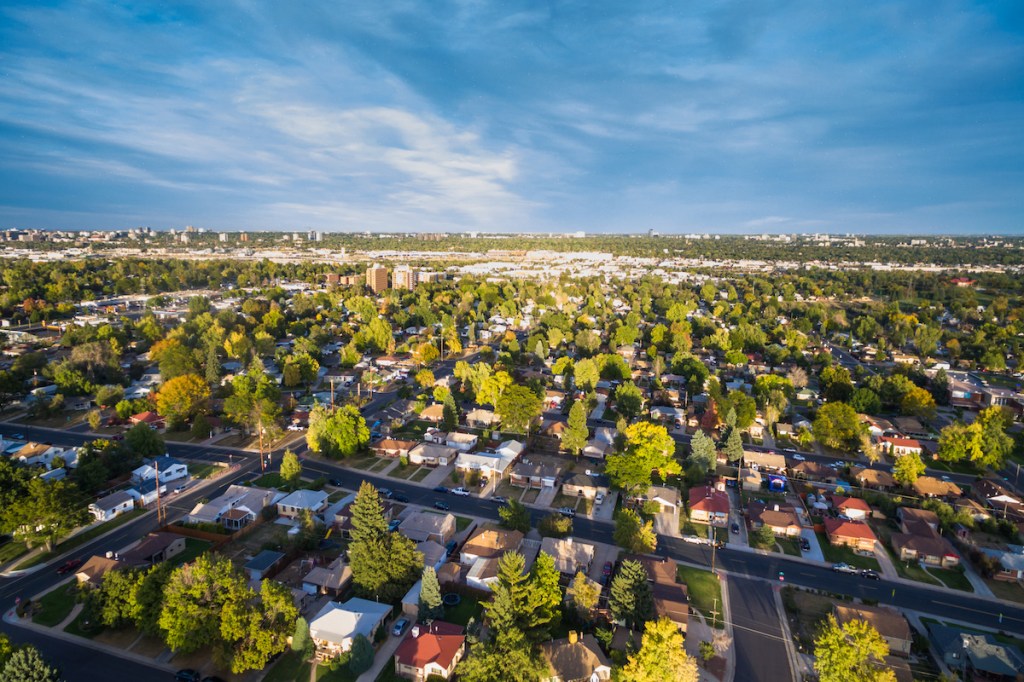Demand for mortgage loans declined to the lowest level since 2000 last week due to affordability challenges and uncertainties regarding the U.S. economy, according to the Mortgage Bankers Association (MBA).
The market composite index, a measure of mortgage loan application volume, fell 2.3% for the week ending Aug. 12, compared to the previous week. It was also down 62% compared to the same week in 2021.
The refinance index had a 5.4% decline from the previous week and fell 82% from the same week in 2021 to its lowest level since November 2000, driven by a 6% drop in conventional refi applications. Meanwhile, according to the MBA, the purchase index was down 0.8% from the previous week and decreased 18.4% from the same week during the last year.
“Home purchase applications continued to be held down by rapidly drying up demand, as high mortgage rates, challenging affordability, and a gloomier outlook of the economy kept buyers on the sidelines,” Joel Kan, MBA’s associate vice president of economic and industry forecasting, said in a statement.
“However, if home price growth slows more significantly and mortgage rates move lower, we might see some purchase activity return later in the year.”
Mortgage rates are showing volatility, but they remain significantly higher than a year ago. The Freddie Mac PMMS, which compiles rates reported by lenders during the past three days, reached 5.22% last week, up from 4.99% in the previous one. A year ago, rates averaged 2.77%.
Why now is the time for lenders to ‘retool’ their IT environment
After record-breaking volumes in 2020 and 2021, lenders are now feeling a pinch once again. HousingWire Content Solutions Managing Editor Maleesa Smith had the chance to talk with Bob Jennings, executive of underwriting solutions for CoreLogic, who shared what lenders should prioritize in this environment.
Presented by: CoreLogic
MBA’s estimate shows rates going on different paths. The average contract 30-year fixed-rate mortgage for conforming loans ($647,200 or less) declined to 5.45%, from the previous week’s 5.47%. Jumbo loans (greater than $647,200) increased to 5.14% from 5.09% in the same period.
“The 30-year fixed rate stayed more than two percentage points higher than a year ago at 5.45% but was down over 50 basis points from the June 2020 high of 5.99%, providing some relief for buyers in the market,” Kan said.
The MBA data shows the refinance share of all mortgage activity fell to 31.2% of total applications this week from the previous week’s 32%.
The Federal Housing Administration’s (FHA) share of total applications decreased to 12% from the previous week’s 12.1%. The Veterans Affairs’s (V.A.) share of applications also changed marginally to 11.2%, from 10.9%. And the United States Department of Agriculture’s (USDA) share held steady at 0.6%.
The share of adjustable-rate mortgage (ARM) applications decreased to 7% of total applications, from 7.4% the prior week. According to the MBA, the average interest rate for a 5/1 ARM decreased to 4.43% from 4.60% a week prior.
The survey, conducted weekly since 1990, covers 75% of all U.S. retail, residential mortgage applications.







